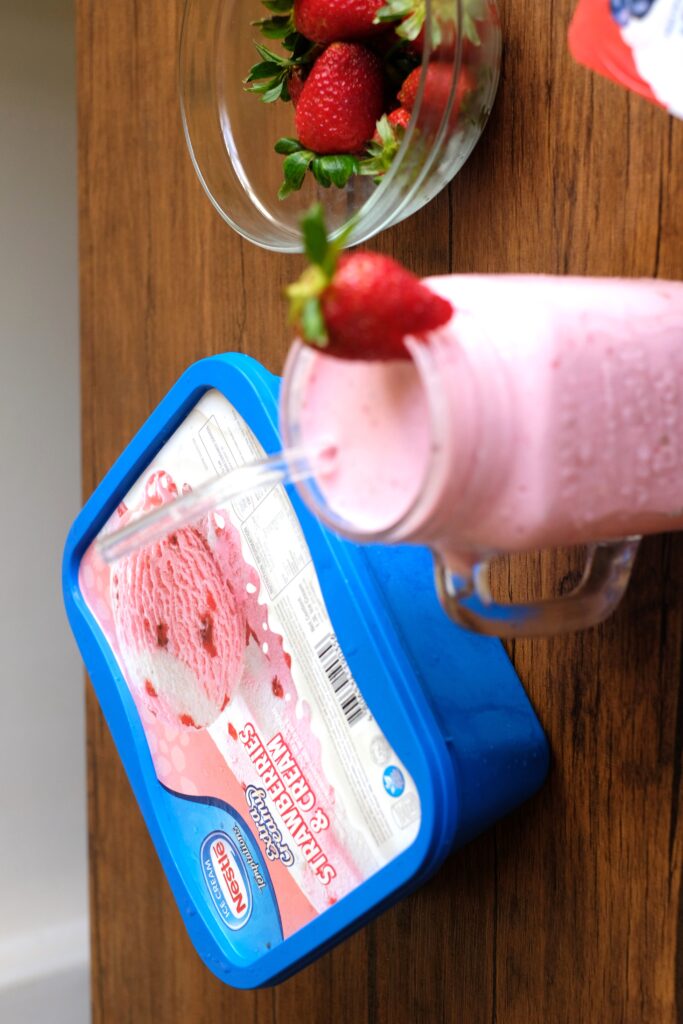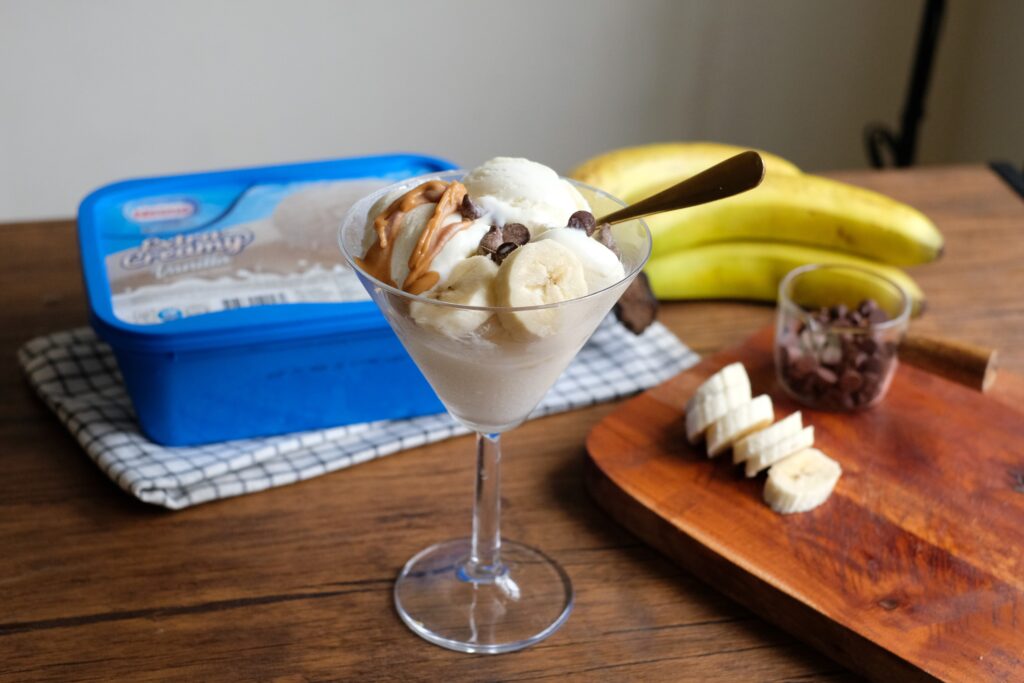Gentle parenting, attachment parenting, authoritarian parenting and even helicopter parenting.
So many approaches and styles relating to how we should raise our children have been gaining traction more and more at present. While each one does contribute something to the table, parents can also be left confused about which one is best for their kids.
But the question is — is there really one definite parenting style that comes on top of all these?
The answer is a definite no. Parenting is a lifelong responsibility — not a task with strict boxes that you need to check off. Instead of focusing on “what type of parent” you are, the smarter question to ask is: “What are the values I want to teach my kids?” More importantly, “How do I teach them said values while enriching my relationship with them?”
One good example of an approach that can fulfill these needs is the use of positive reinforcement. According to PositivePsychology.com, this approach is defined by its focus on rewarding good behavior. Positive reinforcement has always been considered a classic and effective way of parenting because not only does it amplify what’s already good in our children, but it also highlights our good sides as caretakers. As with any type of responsibility, the latter is especially important as some parents can tend to forget their own needs by focusing too much on their children.
Despite its perks, positive reinforcement can have its limitations if not applied well. For example, how do you use it for events when your child does something that needs correcting? Our advice: put a special twist on your use of positive reinforcement by highlighting the good parts of a situation first before directing your kid’s direction to what they could have done better.
Let’s use this scenario as an example: your child has a big holiday project that’s due on Monday but they were only able to remember it late Sunday. As a result, you had to rush in buying the materials needed for it and you and your kid had to finish the assignment in a time when you both could have been relaxing for the upcoming week.

Instead of going directly to the fact that your child has forgotten an important project, work upwards by talking about the positive part of the situation first. Here’s an example of how you can share it: “I appreciate your honesty in telling me that you’ve forgotten about your assignment. It’s nice to know that you feel comfortable opening up to me about things like this instead of being scared. I hope this becomes a good learning experience for you to always remember your school activities in the future. That way, you and I wouldn’t have had to rush in completing your project and enjoyed our Sunday in a more relaxed way.”
By being open about the good points of the situation, you reward your child for behavior that you want them to continue doing without exactly brushing the part that they need to improve on under the rug. This way, you can still use positive reinforcement and the act of rewarding but in a smarter way.
Alternatively, this approach is something that parents themselves should also apply to their mindsets. Especially with the holiday season fast approaching, it’s normal for all of us to feel overwhelmed by the responsibilities that Christmas ushers inside and outside of our own families. On times when it seems like the world is moving too fast, it is important to sit down, catch up with yourself and maybe even reward yourself for just being in the moment.
You can do this by sharing a bonding moment with your children that’s fit for the holiday season. Start a new tradition by making them help create their favorite snacks. Some examples of easy and tasty recipes to try are the Strawberries Cream Shake and Banana Peanut Butter Ice Cream cold treats using Nestlé Temptations.
To prepare the Strawberries Cream Shake, simply blend a cup of Nestlé Strawberry Yogurt with a few scoops of Nestlé Temptations Extra Creamy Strawberries and Cream Ice Cream. Garnish with real slices of strawberries if you have any in your fridge.
For the Banana Peanut Butter Ice Cream bowl, on the other hand, simply prepare banana slices and use them as toppings over a few scoops of Nestlé Temptations Extra Creamy Vanilla Ice Cream. Drizzle with peanut butter and chocolate kisses for that extra flair.
Follow Nestlé Temptations’ official Facebook and Instagram for updates and promos,
